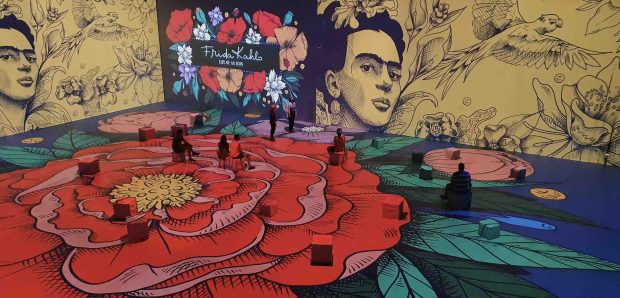Informal learning – more effective than learning by heart. There are different ways for the children to study English language – in kindergartens, schools, private lessons, courses, specialized schools. Parents should know that in the past years informal learning enters increasingly the modern pedagogy, including the English teaching. Especially popular are the international camps during the summer vacation with English language teaching for children. In them, the training is combined with numerous games and entertainment in the camp bases and amidst nature.
Lots of people enrol their children in mountain camps such as LuckyKids in Bansko, where, at an altitude of 925 meters, there are numerous opportunities for entertainment and attractions: pool, horse riding, mountain cycling, picnics and tours in the mountain, excursions, paintball. Of course, in the camps, there are various evening entertainments – parties, dances, games, an evening of the nationalities, etc. These camps ensure a constant language environment because, in fact, they are camps in English. The daylong communication is only in that language – with direct language teaching until lunch, and with the numerous occupations and games during the rest of the time.
The teaching teams are of native teachers and they have a considerable pedagogical experience. The animators who run the entertainment from noon till the evening, are also fluent in English. In the training, most frequently used is the interactive design model, in which, there is an entertainment element close to the game element. In it, the trainees carry out the various tasks of implementation of the projects.
Directed skillfully by the teachers, the children are embarking on an interesting-for-them research expedition on the Internet and other sources. Information is collected on given topics, and the search and the finding of the unknown-so-far information engage the children and develops their creative capabilities. So, they get actively involved, with desire, discuss the collected data, summarize it within the team and make multimedia presentations. This way, reaching to the knowledge rationally, they absorb it much more substantially, than if they learn by heart something that has been offered as ready.
What the summer camps give
So, the fact that the children in the summer camps actively participate in the learning process, with desire, gives an outcome quickly – they obviously improve their level of command of English. The vocabulary is enlarged, the writing is improved, the orthoepy, the reading, and so is the listening comprehension.
The output tests are much better than the incoming ones and the parents themselves can see it since they receive it together with a detailed analysis of the child’s development. This is possible because the groups in the camps are small, formed according to the level of their command of the language, and the individual approach to each child is applied. Progress is visible with the beginners as well, which are on a separate teaching system.
Apart from the learning of the English language, there are still a number of other benefits. Passing through numerous topics, the training broadens the children’s horizons in the various spheres – history, geography, nature, public relations, culture and etc. At the same time, the children build up skills for work with the modern technologies of the multimedia. Moreover, part of the entertainments are specially selected to guide them toward the arts as well – music, singing, dancing, drawing.
Household activities as well, which aim to give life lessons to the children. For example, along with the fun cooking, children learn what healthy eating is, and the benefits from it. We can’t help mentioning the benefits from the games amidst nature and the fresh mountain air for the strengthening of the body and the improvement of the tone.
Summer camps teach the children the real, live communication, that they need both for their life and for their career development, but in front of which, the today’s digital contacts put barriers. Part of this vibrant communication is the children to adapt quickly, to get oriented in an unfamiliar environment, to meet different characters, to solve life situations and to form their personal character. By all this, they are learning to work in a team, the quick mobilization for “brainstorming”, of self-evaluation and evaluation of the others.









